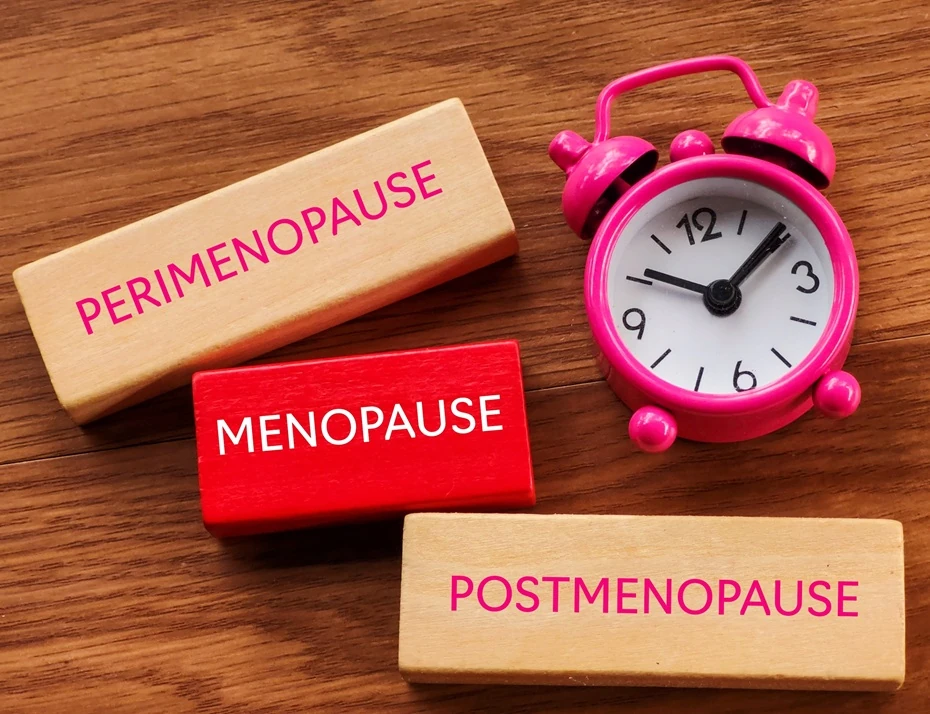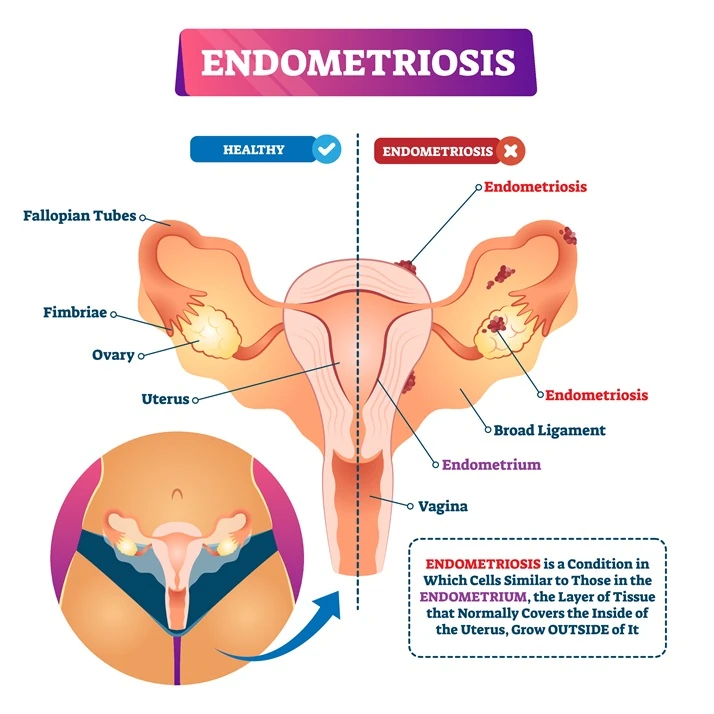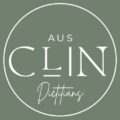Women’s Health Nutrition in Newcastle & Lake Macquarie
Expert Support for Every Stage of Your Reproductive Health Journey
Experience compassionate, evidence-based women’s health nutrition care in Newcastle and Lake Macquarie. From PCOS and endometriosis to menopause, fertility, pregnancy, and postpartum, Ausclin delivers personalised nutrition strategies to help you feel your best at every stage of life.
Optimising Fertility and Reproductive Wellness Through Personalised Nutrition in Newcastle/Lake Macquarie
Comprehensive Women’s Health Nutrition: Preconception to Menopause

Expert care for PCOS, endometriosis, fertility, pregnancy, post-partum and menopause tailored to your needs and life stage.
At Ausclin, our team supports women and people assigned female at birth at every point on the reproductive journey. Whether you are managing PCOS, navigating endometriosis, planning for pregnancy, or approaching menopause, we offer compassionate, evidence-informed nutrition plans designed around your goals and experiences. Based in Newcastle and Lake Macquarie, we ensure personalised care for your symptoms, lifestyle, and changing health needs.
Conditions we commonly support:

Menopause & Perimenopause
Navigate the hormonal shifts of perimenopause and menopause with confidence. We focus on evidence-based nutrition to manage symptoms like hot flushes and sleep disruption, while proactively supporting long-term bone density and cardiovascular health.

Polycystic Ovary Syndrome (PCOS)
Take control of PCOS symptoms through targeted Medical Nutrition Therapy. Our approach focuses on improving insulin sensitivity, supporting regular ovulation, and managing skin or weight changes using sustainable, non-diet strategies that fit your lifestyle.

Endometriosis
Manage endometriosis symptoms with a personalised, anti-inflammatory nutrition plan. We work with you to identify dietary triggers, support gut health, and implement evidence-based strategies designed to reduce pelvic pain and improve your overall quality of life.

Fertility & Preconception Nutrition
Optimise your reproductive health before you conceive. We provide expert guidance on egg and sperm quality, cycle tracking through nutrition, and specific nutrient loading to ensure you and your partner are in the best possible health for a successful pregnancy.

Pregnancy & Postpartum Nutrition
Support your body and your growing baby with expert care at every trimester. From managing morning sickness and gestational diabetes to postpartum replenishment and breastfeeding support, we ensure you have the energy and nutrients needed for recovery and motherhood.
Simplifying Everyday Life
Frequently Asked Questions
Find answers to commonly asked questions about our products and services.
What does a women’s health dietitian do?
A women’s health dietitian provides evidence-based nutrition support for hormonal health, fertility, pregnancy, menopause and conditions like PCOS and endometriosis. They use personalised nutrition plans to manage symptoms, improve energy, and support long-term health.
Can a dietitian help with hormonal imbalance?
Yes. A dietitian can help manage hormonal imbalance by addressing nutrient deficiencies, blood sugar control, gut health and inflammation. Nutrition strategies are tailored to support hormone regulation across menstrual cycles, perimenopause and menopause.
How does nutrition help with PCOS?
Nutrition helps manage PCOS by improving insulin sensitivity, reducing inflammation and supporting hormone balance.
Should I see a dietitian for menopause symptoms?
Yes. A dietitian can help manage menopause symptoms such as weight changes, hot flushes, low energy and bone health through targeted nutrition strategies that support hormonal changes and metabolic health.
Can a dietitian help improve fertility?
Yes. Fertility-focused nutrition supports egg quality, hormone balance and nutrient status. A dietitian can help optimise diet before conception to support natural fertility or alongside IVF and other assisted reproductive treatments.
Is women’s health nutrition evidence-based?
Yes. Women’s health nutrition is based on Medical Nutrition Therapy and current scientific research. Accredited Practising Dietitians use clinical guidelines and personalised assessments rather than generic diet advice.
Do I need a referral to see a women’s health dietitian?
No referral is required to see a dietitian privately. However, a GP referral is needed if you want to access Medicare rebates through a Chronic Disease Management (CDM) plan.
What happens during a women’s health dietitian appointment?
During an appointment, one of our expert dietitians will review your health history, symptoms, lifestyle and goals. You’ll receive personalised nutrition advice, practical strategies and follow-up support tailored to your specific health concerns.
Can nutrition help with endometriosis symptoms?
Yes. Nutrition can help manage endometriosis by reducing inflammation, supporting gut health and addressing nutrient deficiencies. A dietitian creates individualised strategies to help reduce pain, fatigue and digestive symptoms.
Is women’s health nutrition covered by Medicare?
Women’s health nutrition services may be covered by Medicare if you have a GP referral and Chronic Disease Management plan. Eligible clients can claim rebates for dietitian appointments, with additional rebates available through private health insurance.
